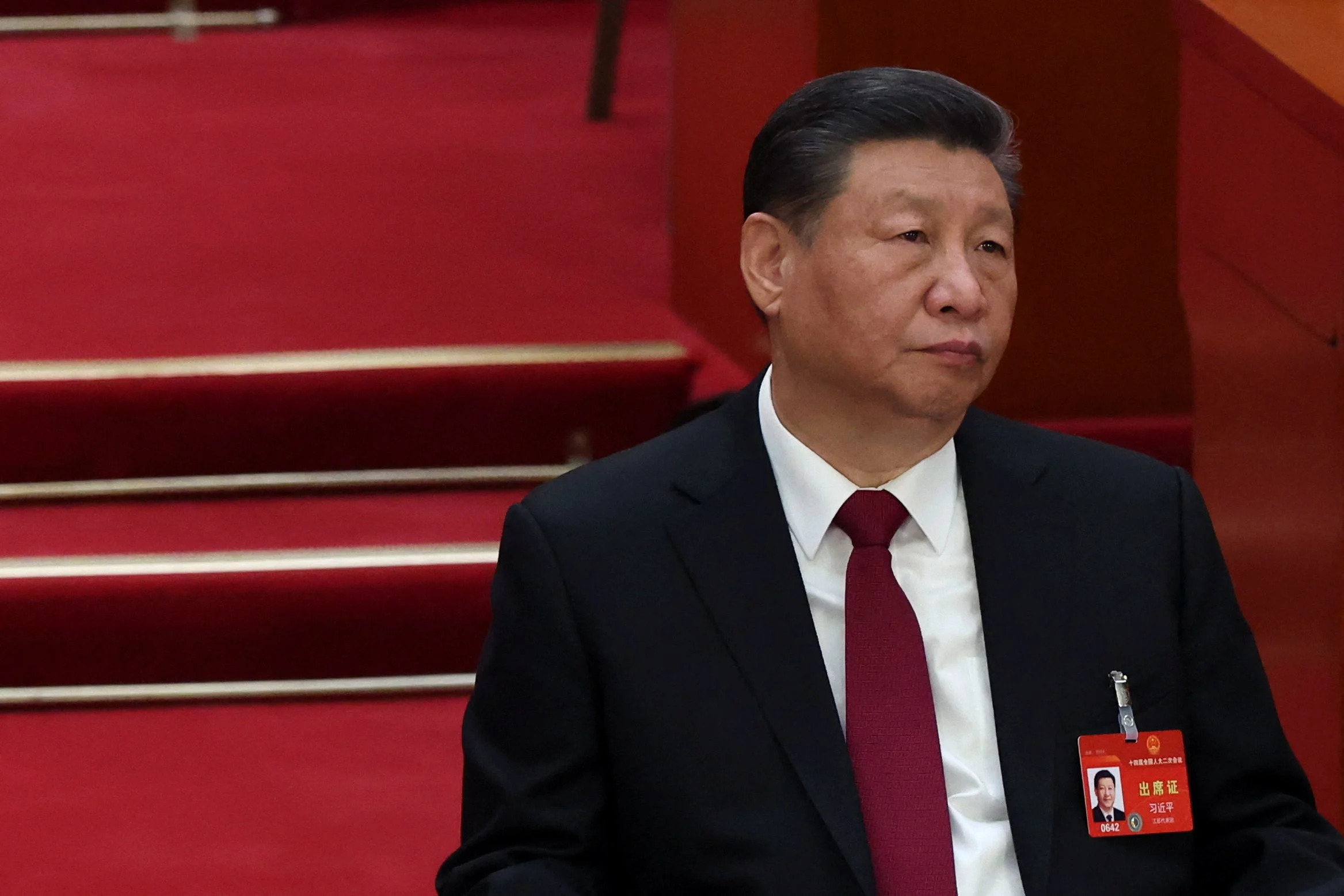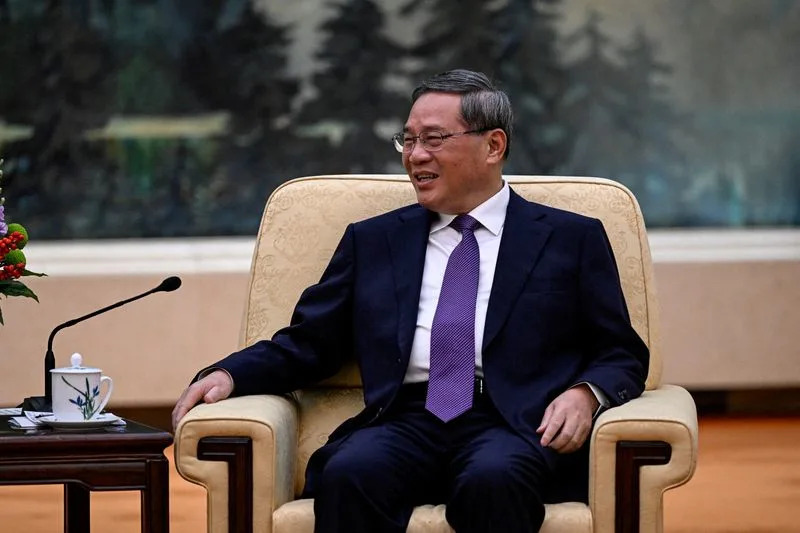U.S. CEOs are expected to meet with Chinese leader Xi Jinping next week, The Wall Street Journal first reported Thursday, signaling Beijing’s need of foreign capital as it works to revive its post-COVID economy.
Beijing has appeared to become increasingly hostile towards foreign businesses, reducing their presence in recent years, as world leaders have encouraged “de-risking” from China. But the country’s sheer market size — and cheap costs for high-tech production — means China will likely remain an invaluable manufacturing hub, particularly as green technology like electric vehicle batteries become more essential.
Global CEOs get upgraded to audience with Xi, instead of Premier Li
CEOs like Apple’s Tim Cook and Pfizer’s Albert Bourla are expected at the China Development Forum in Beijing this weekend, but instead of talks with pro-business Chinese Premier Li Qiang as is tradition at the forum, they are set to meet with Xi, Bloomberg reported. The “upgrade” is a sign that Beijing “is committed to improving conditions for foreign businesses,” a China specialist at the Center for Strategic and International Studies told the outlet. This comes just weeks after Li’s annual press conference was scrapped, which analysts told Reuters signals that Xi wants more direct control over the country’s economic narrative. “Breaking tradition now is the tradition, it’s the new norm,” one economist told Bloomberg.
Beijing lures foreign companies to build high-tech innovation
China is hoping to entice international business with “pilot-scale production” where foreign firms can “link [Chinese] laboratory research with mass production,” the South China Morning Post reported. These high-tech projects — chiefly in EV batteries, solar panels, and semiconductors — are considered the lifeline of China’s global economic output, as firms for lower-end products turn to cheaper labor markets like India and Vietnam. By convincing tech firms that it has better infrastructure to produce high-tech goods, China would be able to “catch up in areas such as artificial intelligence, quantum computing and biomedical manufacturing,” the SCMP reported.
EU’s goal to derisk from China in green tech is easier said than done
The European Union this year voted on the Net Zero Industry Act, which aims to source 40% of its green technology domestically by 2030 and “derisk” from China. But “the lack of additional funding under the EU budget” and letting member states make their own decisions on subsidizing green technology production, will ultimately undermine the EU’s single market philosophy, and retain China as the EU’s dominant provider of green technology, the East Asia Forum argued. Brussels needs to navigate “the trade-offs between an energy transition and economic security” while acknowledging that China’s role in reaching its goals is undeniable, the blog argued.
China plans new rules on market access, data flows Premier Li tells global CEOs
China will carefully study issues of market access and cross-border data flows and will soon issue new regulations in these areas, Premier Li Qiang told an audience of global CEOs and Chinese policymakers on Sunday.
"We cordially welcome companies from all countries to invest in China and deepen their foothold in China," Li said.
China is also pushing to develop emerging industries such as biological manufacturing and will step up development of artificial intelligence and the data economy, Li told the China Development Forum in Beijing.
Beijing on Tuesday eased some rules on foreign investment, after investment inflows shrank nearly 20% in the January-February period. China's cyberspace regulator on Friday relaxed some security rules on data exports that had worried foreign firms in China.
China's inflation rate and the central government's debt burden are relatively low, leaving room for further macro policy steps, Li told the two-day forum. He pointed to measures China rolled out last year to defuse property and debt risks, which he said have been effective.
Li cited 1 trillion yuan ($140 billion) in previously announced ultra-long special treasury bonds, which he said will spur investment and stabilise economic growth.
China's $18 trillion economy, the world's second-largest, faces headwinds including a property crisis, local government debt woes, industrial overcapacity, deflationary risks and cooling foreign investment.
Organised annually by Beijing since 2000, the high-level forum is an opportunity for global CEOs and Chinese policymakers to discuss foreign investment. Regular attendees include Apple CEO Tim Cook and Bridgewater Associates founder Ray Dalio.
Li does not intend to hold a meeting with visiting foreign CEOs at this year's forum, Reuters reported last week. But the Wall Street Journal reported on Thursday that President Xi Jinping plans to meet a group of U.S. business leaders on Wednesday after the conference, in a sign that Beijing still wants to woo American firms amid rising foreign capital outflows.
Overseas firms have been souring on China after it abandoned its ultra-strict COVID curbs in late 2022, due to concerns over the business environment, economic recovery and politics.
A new action plan to arrest a slowdown in foreign investment aims to create a level playing field for foreign firms, lift curbs on overseas access in the country's sprawling manufacturing industry and promote the expansion of areas such as telecommunications and healthcare.
Although the economy started the year on a solid footing, analysts have described Li's annual growth target of around 5% as "ambitious" given the property crisis and tepid household consumption due to sluggish income growth and uncertainty in the job market.




